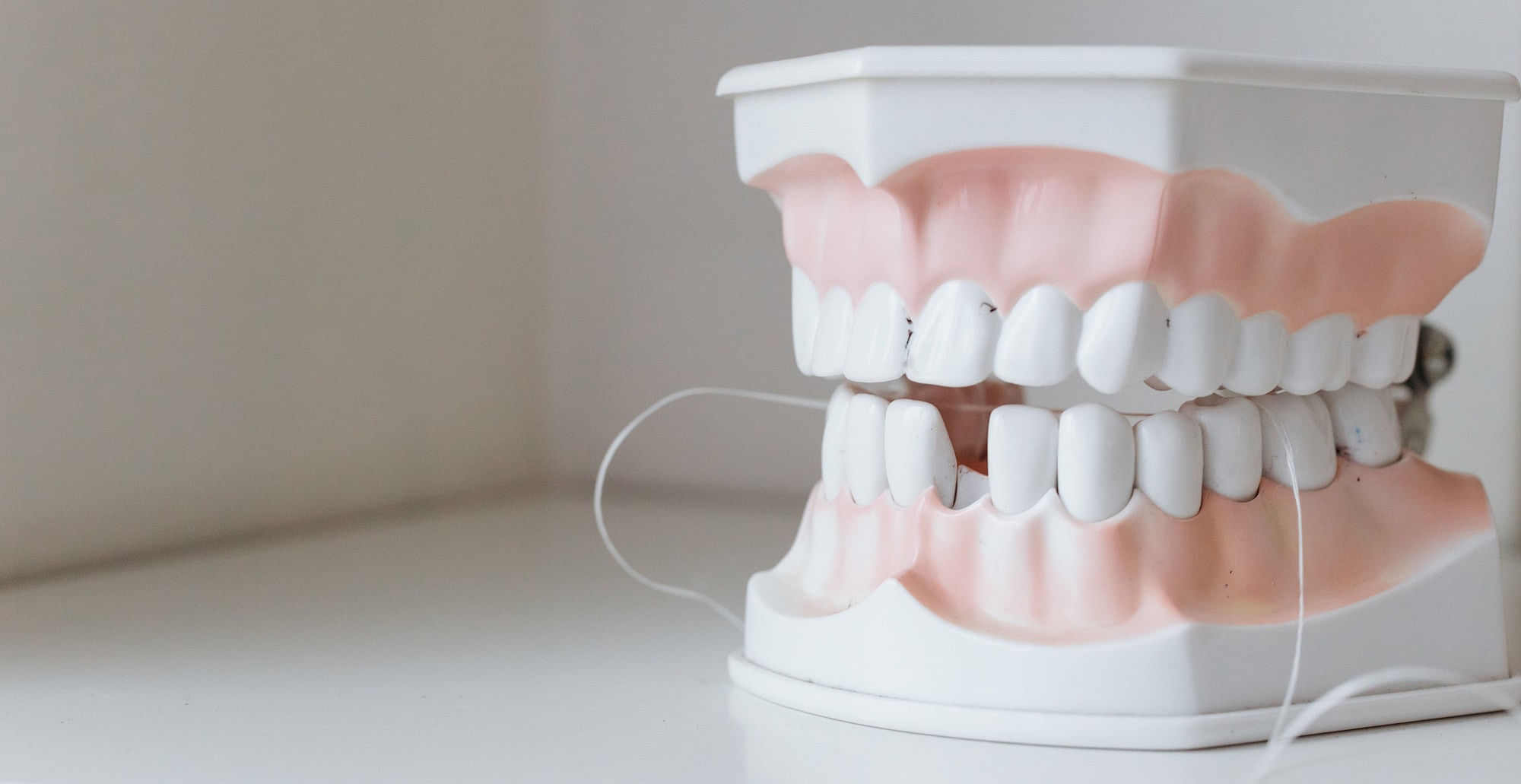

Education
Station
Education Station
Are Probiotics Good for Oral Health?
Probiotics are widely recognized for their beneficial effects on gut health, but their potential extends far beyond the digestive system. Increasingly, research is uncovering the positive impact probiotics may have on oral health. This concept might come as a surprise to many, as the use of live bacteria to improve the health of one’s mouth and teeth is not as commonly discussed. This blog post delves into the emerging role of probiotics in maintaining and enhancing oral health, exploring how these microscopic allies can help us keep our smiles healthy and bright.
What are Probiotics?
Probiotics are live microorganisms, primarily bacteria, which are similar to beneficial microorganisms found in the human body. They are often referred to as "good" or "helpful" bacteria because they help maintain the body's natural balance of microbes. When consumed in adequate amounts, probiotics can confer various health benefits to the host.
5 Common Sources of Probiotics
Probiotics are most commonly associated with fermented foods. Some of the best dietary sources include:
1) Yogurt: One of the most accessible sources of probiotics, yogurt is made from fermented milk and contains a variety of probiotic bacteria, primarily from the Lactobacillus and Bifidobacterium families.
2) Kefir: A fermented milk drink similar to yogurt but with a thinner consistency, kefir is rich in probiotics due to the diverse range of bacteria and yeast it contains.
3) Sauerkraut: Made from fermented cabbage, sauerkraut is not only rich in probiotics but also offers vitamins C and K, potassium, and dietary fiber.
4) Kimchi: A staple in Korean cuisine, this spicy fermented cabbage dish includes a mix of seasonings and lactic acid bacteria that may benefit digestive health.
5) Miso: A Japanese seasoning produced by fermenting soybeans with salt and a fungus called Aspergillus oryzae. Miso soup is a popular way to enjoy this probiotic-rich ingredient.
Apart from these natural sources, probiotics are also available as dietary supplements in capsule, tablet, or powder form, which can be beneficial for those looking to specifically target oral health issues. These supplements often contain higher concentrations of specific probiotic strains that are optimized for their health effects, including benefits to oral hygiene and health.
The Oral Microbiome
What is the Oral Microbiome?
The oral microbiome refers to the community of microorganisms, including bacteria, fungi, and viruses, that reside in the mouth. This complex ecosystem plays a crucial role in oral health and overall well-being. A balanced oral microbiome helps in protecting against oral diseases by controlling harmful bacteria and maintaining the integrity of the mouth’s tissues.
Importance of Bacterial Balance
A healthy balance of bacteria in the mouth is essential for preventing dental issues such as tooth decay, gum disease, and more severe conditions like periodontitis. Harmful bacteria produce acids that can erode tooth enamel and inflame the gums. In contrast, beneficial bacteria can help to neutralize these effects, promote remineralization of the teeth, and prevent the overgrowth of harmful microbes.
Benefits of Probiotics for Oral Health
Reducing Plaque and Gum Disease
Several studies have shown that probiotics can significantly reduce plaque accumulation and gum inflammation, which are key factors in the development of periodontal disease. For instance, strains like Lactobacillus reuteri have been found to compete with pathogenic bacteria, inhibiting their growth and reducing gingivitis and plaque formation.
Combating Bad Breath
Bad breath, or halitosis, often results from the presence of foul-smelling bacteria that produce sulfur compounds. Probiotics can help manage these odorous compounds by outcompeting the bad bacteria for space and resources in the oral cavity. Probiotics like Streptococcus salivarius K12 are particularly noted for their ability to freshen breath by replacing the malodorous bacteria with beneficial ones.
Preventing Oral Thrush and Other Infections
Oral thrush, a fungal infection caused by an overgrowth of Candida yeast, can also be managed with probiotics. Certain probiotic strains help to balance the oral microbiome, not just by controlling bacterial populations but also by inhibiting the growth of harmful fungi. This can be especially beneficial for individuals who are prone to recurrent oral infections, such as those with weakened immune systems.
The beneficial effects of probiotics on oral health extend beyond fighting infections and managing symptoms. They also play a role in enhancing the overall resilience of the oral microbiome, thereby contributing to better oral health maintenance. These findings suggest that incorporating probiotics into daily oral hygiene routines can be an effective strategy for enhancing oral health and preventing common dental issues.
Probiotic Strains Beneficial for Oral Health
Specific Strains and Their Benefits
The effectiveness of probiotics in promoting oral health largely depends on the specific strains used. Here are some probiotic strains that have shown particular promise in supporting oral health:
Lactobacillus reuteri: Known for its ability to combat inflammation and inhibit the growth of harmful bacteria that cause gum disease and plaque.
Streptococcus salivarius K12: This strain is especially effective at freshening breath and combating harmful bacteria that can lead to sore throats and other oral infections.
Lactobacillus paracasei: Helps to control the levels of Streptococcus mutans, bacteria primarily responsible for tooth decay.
Bifidobacterium lactis: Supports the immune system and reduces the prevalence of harmful bacteria in the oral cavity.
Mechanisms of Action
These beneficial strains work by adhering to the mucosal surfaces of the mouth, competing with pathogenic bacteria for both space and nutrients, and secreting substances that inhibit the growth of harmful microbes. This not only helps in maintaining a balanced oral microbiome but also enhances the natural defense mechanisms of the mouth.
How to Use Probiotics for Oral Health
Dietary Sources
Incorporating probiotic-rich foods into your diet is an easy way to boost your oral microbiome health. Regular consumption of fermented foods like yogurt, kefir, sauerkraut, and kimchi can introduce beneficial bacteria to your oral environment. Consuming these foods can help maintain the balance of your oral microbiome naturally.
Supplements
For those specifically looking to target oral health, probiotic supplements designed for oral consumption can be more directly beneficial. These are available in various forms such as lozenges, gums, or mouthwashes, which allow the probiotics to come into direct contact with the mouth’s tissues, optimizing their effects on oral health.
Practical Tips
Taking probiotics consistently is key, so regular intake of probiotics, whether through food or supplements, is crucial for sustained benefits. While probiotics can significantly benefit oral health, they should complement regular brushing, flossing, and dental check-ups, not replace them, so always compliment your probiotic intake with good oral hygiene. As with any dietary change, it’s important to observe how your body reacts to new probiotic strains and adjust your intake accordingly, so continue to monitor your body’s response and consult with your healthcare provider.
Considerations and Potential Drawbacks
Potential Side Effects
While probiotics are generally safe for the majority of the population, some individuals may experience mild side effects such as bloating, gas, or an upset stomach, especially when starting a new probiotic regimen. These symptoms are typically temporary and should subside as the body adjusts.
Interactions and Limitations
It's important to consider that probiotics may interact with other medications or supplements, particularly immunosuppressive drugs. Always consult with a healthcare provider before beginning any new supplement, especially if you are pregnant, nursing, or have underlying health conditions.
Limitations of Research
Research on the benefits of probiotics for oral health is still evolving. While results have been promising, most studies have been small-scale or short-term. Further research is needed to fully understand the long-term impacts of probiotic use on oral health and to identify the most effective strains and dosages.
LeBlanc Dental Helps You Maintain Quality Oral Health
Interested in taking a holistic approach to your dental care? Choose LeBlanc Dental for top-rated holistic oral health services. Contact us today to learn more about how we can help you achieve and maintain optimal oral health. Join the many satisfied patients who trust LeBlanc Dental for their dental care needs, and let us help you smile brighter!


